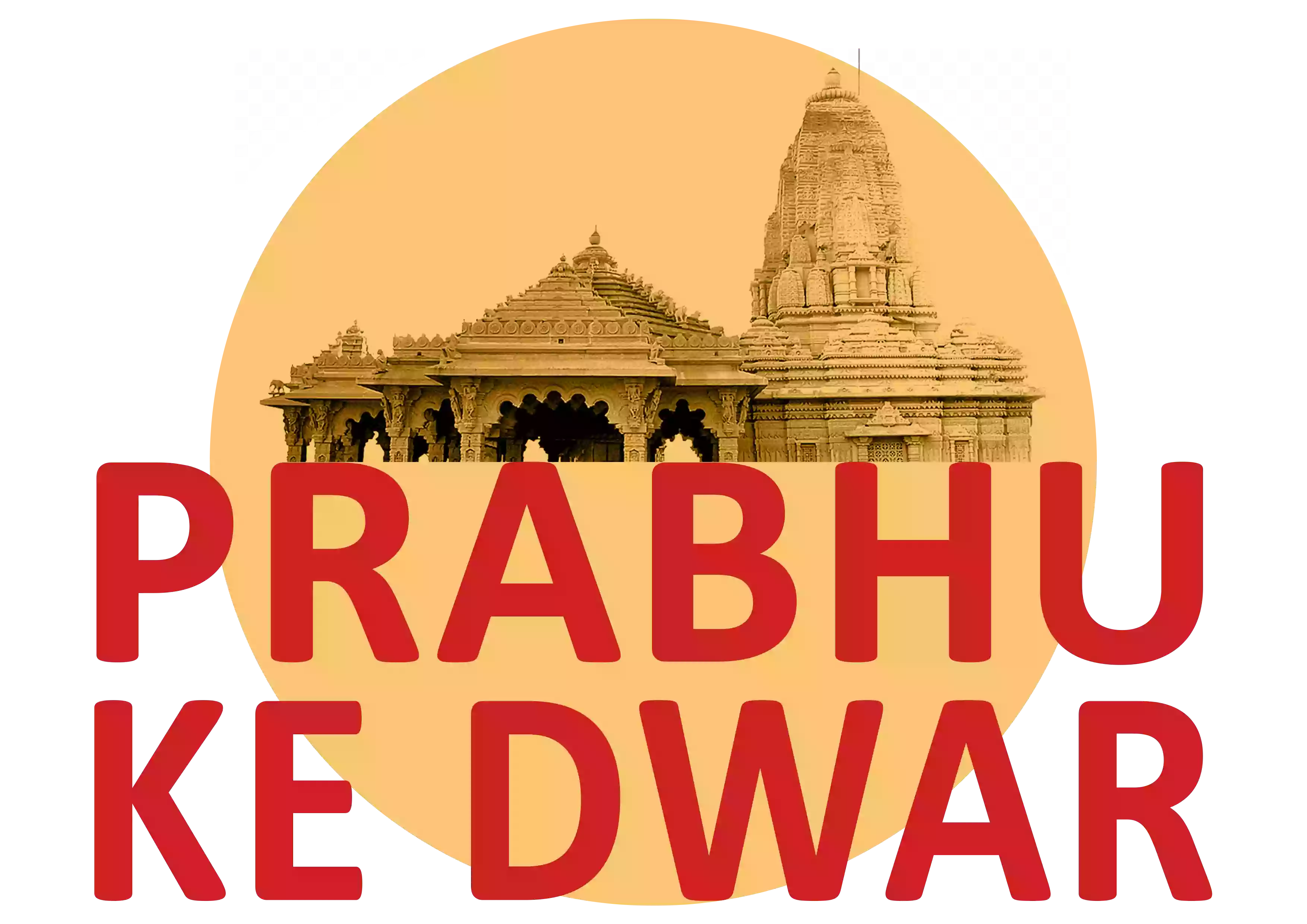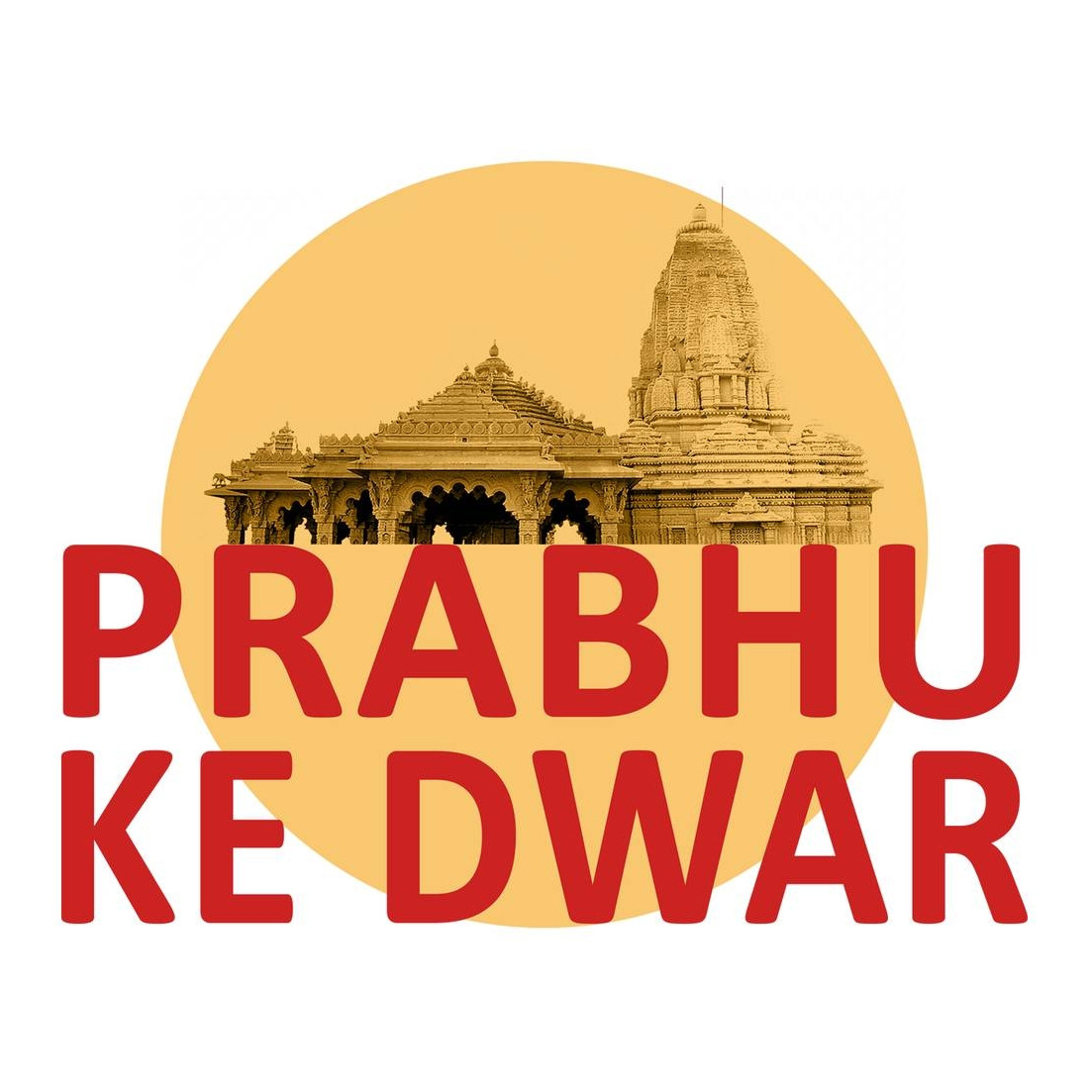Table of contents [Show]
- 1 Understanding the Supreme Deity Across Cultures
- 1. 0. 1
- 1. 0. 2 The Concept of a Supreme Deity
- 1. 0. 3
- 1. 0. 4 Zeus: The King of the Greek Gods
- 1. 0. 5
- 1. 0. 6 Odin: The All-Father of Norse Mythology
- 1. 0. 7
- 1. 0. 8 Brahma, Vishnu, and Shiva: The Trimurti in Hinduism
- 1. 0. 9
- 1. 0. 10 Jupiter: The Chief of Roman Gods
- 1. 0. 11
- 1. 0. 12 Other Cultural Perspectives on the Leader of All Gods
- 1. 0. 13 Summary
- 1. 0. 14 FAQs
- 1. 0. 15 Source
Understanding the Supreme Deity Across Cultures
Throughout history, civilizations across the globe have revered numerous deities, each with their own pantheon and hierarchy. However, the question of who is the "leader of all gods" varies significantly depending on cultural, religious, and historical contexts. This article explores the concept of a supreme deity across different traditions, shedding light on the roles, attributes, and legends associated with these figures.
The Concept of a Supreme Deity
The notion of a supreme god is central to many religions. Often portrayed as the most powerful, wise, and benevolent of all deities, this figure typically holds a position of authority over other gods and governs the cosmos. The characteristics, stories, and attributes of such deities reflect the values and beliefs of their respective cultures. Let's explore some of the most prominent leaders of the gods from various traditions.
Zeus: The King of the Greek Gods
In ancient Greek mythology, Zeus is considered the leader of all gods. As the ruler of Mount Olympus, the home of the Greek gods, Zeus is known for his power over the sky, thunder, and lightning. He is often depicted with a thunderbolt, a symbol of his authority and control over the natural world. Zeus is a key figure in many Greek myths, where he is portrayed as both a just ruler and a god who occasionally intervenes in human affairs.
- Role and Authority: Zeus is often seen as the upholder of justice, law, and order. His decisions are considered final in the pantheon, making him the arbiter among the gods.
- Legends and Myths: Numerous myths involve Zeus, from his birth and rise to power to his many romantic escapades. He is central to Greek mythology's narrative structure, influencing both gods and humans alike.
Odin: The All-Father of Norse Mythology
In Norse mythology, Odin is often regarded as the leader of the gods. Known as the "All-Father," Odin rules over Asgard, the realm of the gods. He is associated with wisdom, war, death, and magic. Odin is a complex deity, often depicted as a wise old man with one eye, having sacrificed his other eye for knowledge at Mimir’s well.
- Role and Authority: Odin is revered for his wisdom and knowledge, often seeking out new understanding through various means, including self-sacrifice. He governs the Valkyries, who choose those who will die in battle and those who will live.
- Legends and Myths: The Prose Edda and Poetic Edda, two key texts in Norse mythology, recount numerous tales of Odin’s quests for wisdom, his role in the creation of the world, and his preparation for Ragnarök (the end of the world).
Brahma, Vishnu, and Shiva: The Trimurti in Hinduism
In Hinduism, the concept of a supreme god is more nuanced. The Trimurti—Brahma, Vishnu, and Shiva—represent the three principal deities responsible for creation, preservation, and destruction. While there is no singular "leader" of the gods, each of these deities holds supreme importance in their respective roles:
- Brahma: Known as the creator god, Brahma is responsible for the creation of the universe and all living beings.
- Vishnu: Regarded as the preserver and protector of the universe, Vishnu’s role is to maintain cosmic order. He is often worshiped as the supreme god by Vaishnavites.
- Shiva: The destroyer and transformer, Shiva represents the cyclical nature of existence, including creation and destruction. Shaivites worship Shiva as the supreme god.
In some Hindu traditions, Vishnu or Shiva is regarded as the ultimate god, the leader of all deities. The concept of the "Supreme Being" in Hinduism is flexible, encompassing multiple perspectives that vary based on regional and sectarian beliefs.
Jupiter: The Chief of Roman Gods
Jupiter, also known as Jove, is the king of the gods in Roman mythology, mirroring his Greek counterpart, Zeus. As the god of sky and thunder, Jupiter was worshipped as the protector of Rome, its state, and its laws.
- Role and Authority: Jupiter was seen as the god who maintained justice and order. He was often invoked during treaties and military campaigns, ensuring the safety and success of the Roman state.
- Legends and Myths: Jupiter is involved in many Roman myths, often acting as a judge or arbiter among the gods and humans. His role in myth mirrors the political power and authority of Roman emperors.
Other Cultural Perspectives on the Leader of All Gods
While the above are some of the most well-known leaders of gods in their respective mythologies, many other cultures have their own supreme deities:
- Amaterasu: In Shintoism, Amaterasu is the sun goddess and the ruler of the kami (spirits). She is considered the most important deity in the Shinto pantheon and a direct ancestor of the Japanese imperial family.
- Ra and Amun-Ra: In ancient Egyptian religion, Ra, the sun god, was often considered the king of the gods. Over time, Ra merged with Amun, another powerful deity, to form Amun-Ra, a composite god who became the chief deity of Thebes.
Source : Who is the Leader of All Gods? Discover the Divine Hierarchy Across Mythologies
Summary
The concept of a leader of all gods is rich and varied, reflecting the diversity of human belief systems throughout history. Whether it's Zeus, Odin, Brahma, Vishnu, Shiva, Jupiter, or other deities, each culture has shaped its understanding of divinity based on its unique values, stories, and philosophies. Understanding these figures provides insight into how ancient civilizations understood the universe, governance, and the divine.
FAQs
1. Who is considered the leader of all gods in Greek mythology?
Zeus is regarded as the leader of all gods in Greek mythology, ruling over Mount Olympus and wielding power over the sky, thunder, and justice.
2. Is there a supreme god in Hinduism?
Hinduism has a more nuanced approach, with the Trimurti (Brahma, Vishnu, Shiva) representing different aspects of the divine. Depending on the tradition, either Vishnu or Shiva is often considered the supreme deity.
3. Who is Odin in Norse mythology?
Odin is known as the All-Father in Norse mythology, ruling over Asgard and associated with wisdom, war, and magic.
4. What role does Jupiter play in Roman mythology?
Jupiter is the king of the Roman gods, equivalent to Zeus in Greek mythology. He is the god of the sky and thunder and the protector of Rome.
5. Are there similar supreme gods in other cultures?
Yes, many cultures have their own versions of supreme gods. For example, Amaterasu in Shintoism, Amun-Ra in Egyptian mythology, and others.




